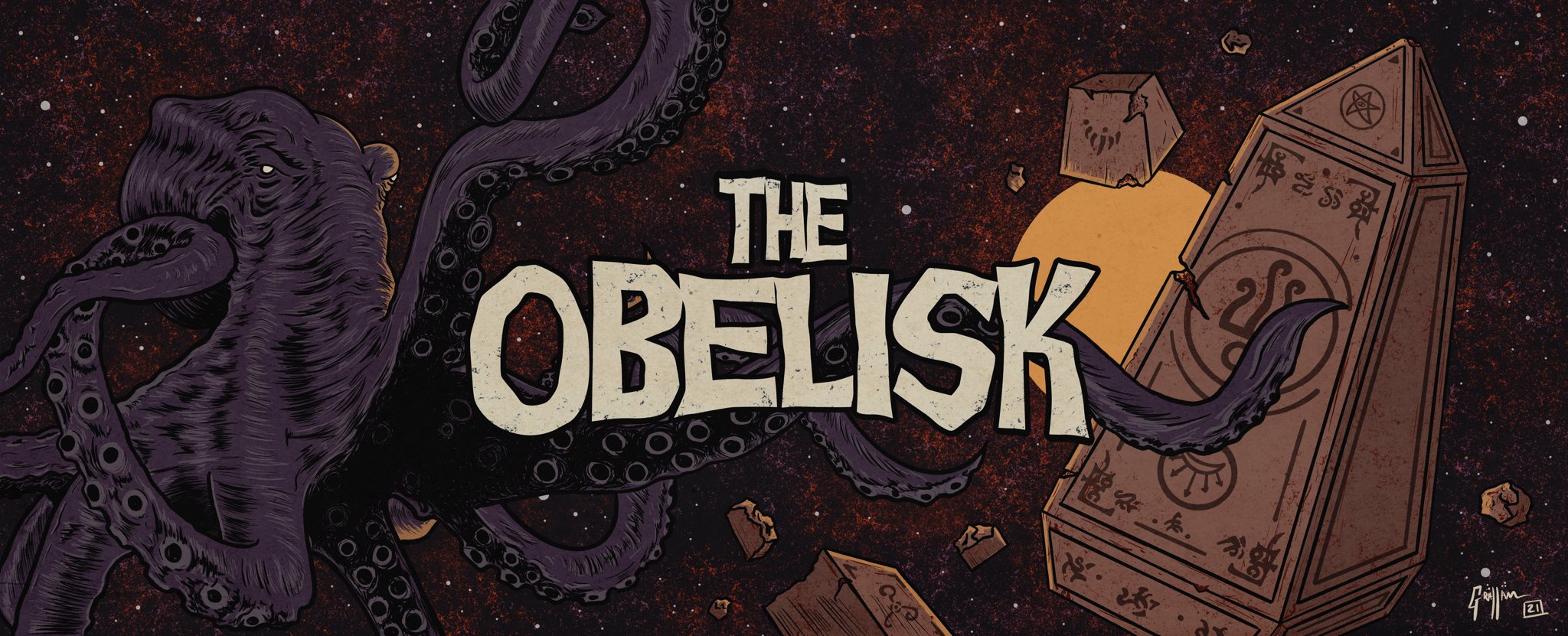audiObelisk: Brokaw Stream Debut Album Interiors in its Entirety
Posted in audiObelisk on January 23rd, 2012 by JJ Koczan Tomorrow, Jan. 24, Seattle noise rock four-piece Brokaw will issue their debut album on Good to Die Records. The eight-song release is only 27 minutes long, but there’s no question it’s anything but a full-length. True to the AmRep legacy that seems to have birthed it, Interiors does a lot with a little. By the time “Time Ain’t Now” comes on to send up ’90s-style sub-hip-hop rock late into the record, the intensity and rawness feel as much a part of the band as the guitars, bass, drums and vocals.
Tomorrow, Jan. 24, Seattle noise rock four-piece Brokaw will issue their debut album on Good to Die Records. The eight-song release is only 27 minutes long, but there’s no question it’s anything but a full-length. True to the AmRep legacy that seems to have birthed it, Interiors does a lot with a little. By the time “Time Ain’t Now” comes on to send up ’90s-style sub-hip-hop rock late into the record, the intensity and rawness feel as much a part of the band as the guitars, bass, drums and vocals.
Those who’ve smelled the flower of disease might recall Brokaw bassist G. Stuart Dahlquist from his tenure in Goatsnake, or perhaps Burning Witch before that, or Asva‘s ongoing run. Brokaw is certainly a  departure from any of those bands’ aesthetics, but there’s something characteristic to Dahlquist‘s bass as it plays off the bombast of Rich Medic‘s drumming and Rick Troy‘s guitars. Vocalist Mike Henderson is part Iggy Pop and part Page Hamilton, both early; he recites his lines in various slurs and shouts that always seem to fit the music happening behind, whether it’s the bass-rumbling of “Politicians by the Pool” or the churning riffy groove of closer “You Didn’t Invent Sex.”
departure from any of those bands’ aesthetics, but there’s something characteristic to Dahlquist‘s bass as it plays off the bombast of Rich Medic‘s drumming and Rick Troy‘s guitars. Vocalist Mike Henderson is part Iggy Pop and part Page Hamilton, both early; he recites his lines in various slurs and shouts that always seem to fit the music happening behind, whether it’s the bass-rumbling of “Politicians by the Pool” or the churning riffy groove of closer “You Didn’t Invent Sex.”
Good to Die was kind enough to give me permission to host Interiors in its entirety for your streaming pleasure, and you’ll find it below, followed by some PR wire-type info about the release. Please enjoy:
[mp3player width=460 height=270 config=fmp_jw_widget_config.xml playlist=brokaw.xml]
The word “Brokaw” stirs up all kinds of connotations. There’s the stern voice of reason held by news anchor Tom Brokaw, the expressive and colorful guitar playing of former Come/Codeine member Chris Brokaw… and now, the sound of one of the meatiest and meanest rock groups to emerge from Seattle, Washington.
But what makes the band so vital and so compelling how obviously they gel both on record and on stage. The members of Brokaw have been playing together “on and off for a very long time,” says Dahlquist. “I have been playing music with Rick for around 35 years, the two of us have worked with Mike since meeting at music school in 1984, Rich has been in and out of the picture for at least 10 years. We’ve been friends for a long time and have a great chemistry together, we all love playing music and it comes easily for us.”
You’ll hear right from the start of the band’s debut LP Interiors, to be released this fall on the new Seattle label Good To Die Records. Recorded with Greg Norman at Electrical Audio in Chicago, Illinois, Brokaw fed off the live current that runs through the band and the studio. Their hyperdriven barrage of sound pulls from the influences of the Amphetamine Reptile family, while acknowledging a wide variety of interests like the freeform ’70s work of Miles Davis and the swing of cheeky, literate Britpop band The Fall.
Live, on record, and in person, Brokaw put their backs, their hearts, and their balls into everything they do. They don’t ask you to do the same, just to pay your respects and enjoy every sweat-drenched minute of it.





